Week 3: Amos
Week 3: Amos 1-9
Objective:
-
Amos's introduction
-
-
Punishment of Israel’s Sins
-
Israel Did Not Accept Correction
-
A Call to Repentance
-
Visions of the locusts, the fire, and the plumb line
-
Amaziah’s Complaint
-
Vision of the Summer Fruit
Resources:
- Fr Tadros Y Malaty Commentary
- Catena Bible Commentary
- Fr Dawoud Lamie Bible study (Arabic)
- Fr. Daoud Lamie - Amos (Full)
- Minor Prophets SUSCOPTS
Activity for every week: Can you recite the 12 minor prophets?
Reading:
- Amos 1:1
- Amos 3:1-8
- Amos 4:6-13
- Amos 5:4-15
- Amos 7:10-17
- Amos 8
Key verse(s):
“And it shall come to pass in that day,” says the Lord God, “That I will make the sun go down at noon, And I will darken the earth in broad daylight" Amos 8:9
NOTE TO SERVANT:
-
Please plan to ask and review these questions every week:
- Who are the minor prophets? Can you recite them?
- The theme for last week's minor prophet
- Highlight Messianic prophecy
- Who are the minor prophets? Can you recite them?
Minor Prophets introduction:
-
The Major and Minor Prophet division of the Holy Bible does not denote the importance or rank of the writing prophets, but the length of the Holy Books which bear their prophecies.
- Ex: Jonah 4 chapters - Isaiah 66 chapters
- There are 12 minor prophets and 4 major prophets (5 books including Lamentations)
- In the Tanakh (Hebrew Bible), all these books were listed under "prophets". In the Septuagint and Vulgate translations, this classification of major and minor was mentioned.
- The prophet in the OT was someone who passed God's message to the people. A prophet in the NT is also someone who passes God's message or news (God's love and salvation for all mankind).
- In the OT, there were many prophets (Moses, David, Elijah, Elisha, etc.), but when we refer to the "Prophets", we refer to the ones who recorded their prophecy.
- All prophecies had one goal: Repentance!
- Recorded prophecies were split into three groups: Before, during, and after the exile.
- Before: Repent so God doesn't bring the exile
- During: Repent so God can end the exile and take us back to our land
- After: Repent because the Messiah is coming
- The books of the prophets are rich with Messianic prophecies. Our Lord fulfilled all.
- The meaning of the names of the prophets is usually the message of their writings.
- The prophetic books always start with a strong tough message and then end with a joyful promising message.
- All books have different themes. All books have the same message (repentance).
-
|
Minor Prophets |
||
|
Before Assyrian Captivity Directed to the North Kingdom |
After Assyrian and before Babylonian captivities Directed to the South Kingdom |
After Captivity |
|
1. Hosea 2. Joel 3. Amos 4. Obadiah (Edom) 5. Jonah |
6. Micah 7. Nahum (Nineveh) 8. Habakkuk 9. Zephaniah |
10. Haggai 11. Zechariah 12. Malachi |
Comments:
Theme of Amos: God's judgment - The Day of the Lord
Messianic Prophecy: Darkness at noon (8:9)
- Amos is one of the minor prophets.
-
The book of Amos was written for Israel, the Northern Kingdom
- Amos means: “Burden” or “Burden-bearer”
- Amos lived up to the meaning of his name by bearing up under his divinely given burden of declaring judgment to rebellious Israel
- Amos was from Tekoa (1:1) which is south of Jerusalem. Even though Amos was from the South kingdom, God chose him to prophesy to the North Kingdom
- Amos mentioned that he was a sheep breeder (1:1) and a tender of sycamore fruit (7:14-15)
- Even though he was a simple man and not a prophet or a son of a prophet (7:14), God chose him to prophesy
- His prophecy has deep meanings and is very poetic
- According to 1:1, Amos prophesied during the reigns of Uzziah, king of Judah (767–739 B.C.), and Jeroboam, king of Israel (782–753 B.C.), thus leaving a possible time frame from 767 to 753 B.C.
- Amos ministered after the time of Joel and Jonah, and just before Hosea, Micah, and Isaiah. At this time Uzziah reigned over a prosperous and militarily successful Judah.
- In the north, Israel was ruled by the capable king Jeroboam II. Economic and military circumstances were almost ideal, but prosperity only increased the materialism, immorality, and injustice of the people.
- Assyria, Babylon, Syria, and Egypt were relatively weak during these years.
- Thus, the people of Israel found it hard to imagine the coming disaster predicted by Amos—a disaster that occurred barely three decades later.
- Chapter 3:1-8
- God asked 7 questions and all are to be answered with "No"
- Question 1: God wanted to walk with His people but they did not keep the agreement
- Question 2: The Lion will only roar if there is prey. The devil is roaring cause of their actions
- Question 3: A young lion will roar out happiness that he found a prey. The devil is happy he found a prey
- Question 4: The bird will fall because of a trap/snare. God's people should be aware of satan's traps/snares
- Question 5: A snare will not be removed unless it catches something. The devil is removing the traps as they caught many souls
- Question 6: The trumpet was a sign of war. People would be scared when they hear it. God's voice is loud and clear like a trumpet and the people ignore Him.
- Question 7: Any calamity happens from God for the people’s correction and repentance. If they witnessed all these calamities and did not repent, this is a sign of their ignorance.
- Discuss with the youth about different calamities that happen around us (Ex. COVID) or hardships that happen to us and how God uses these things so we can repent and get back to him. You can give Biblical examples.
- V.7: God doesn’t do anything unless He tells his prophets. The people should listen to Amos. We shall listen to the priests and bishops when they tell us to repent.
- Amos 4:6-13: God has done many things to correct His people. The message is very strong which reflects the people's spiritual status at this time. Reflect on things that happen nowadays for our correction and repentance.
- Soon after all these messages and things God allowed for their repentance, they were taken into captivity. That shows that God's messages are real if people do not repent. God is merciful and compassionate, but he is also just, judges, and keeps his word.
- Amos 5:4-15: A call from God to repentance
- Amos 5:6: It's also translated (Seek the Lord and you shall live)
- Amos 7:10-17: Amaziah the priest of Bethel was not a faithful priest. Instead of supporting God's prophet and his message, he attacked him and complained to the king.
- Amos 7:14: We see Amos's humility
- Amos mentioning his profession is proof of his humility. He is saying he is poor and from a low-class family as these jobs were meant for these people at the time. It also shows that God chooses the poor and the humble people.
- Amos 8:9: A Messianic prophesy
- For the Israelites, it meant that their happiness would be turned into darkness. The joy will be switched to sorrow
Review/recap questions:
**Servant may add more questions
- What was Amos’ job?
- Find a prophecy in this book and when it was fulfilled. Give verses.
- To whom does God reveal His secret?
- Describe God’s judgment on the day of the Lord
Homework:
**Servant may add more questions
- Amos was: a) king b) a sheep breeder c) soldier d) prince
- God reveals His secrets to: a) the kings b) the princes c) the prophets d) the slaves
- Seek _______ and not evil, that you may _______; so the LORD God of _______ will be with you, as you have spoken.
- The Day of the Lord will be ______. a) darkness b) light c) cold d) rainy

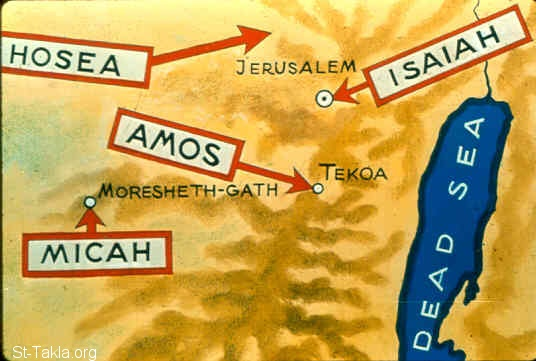
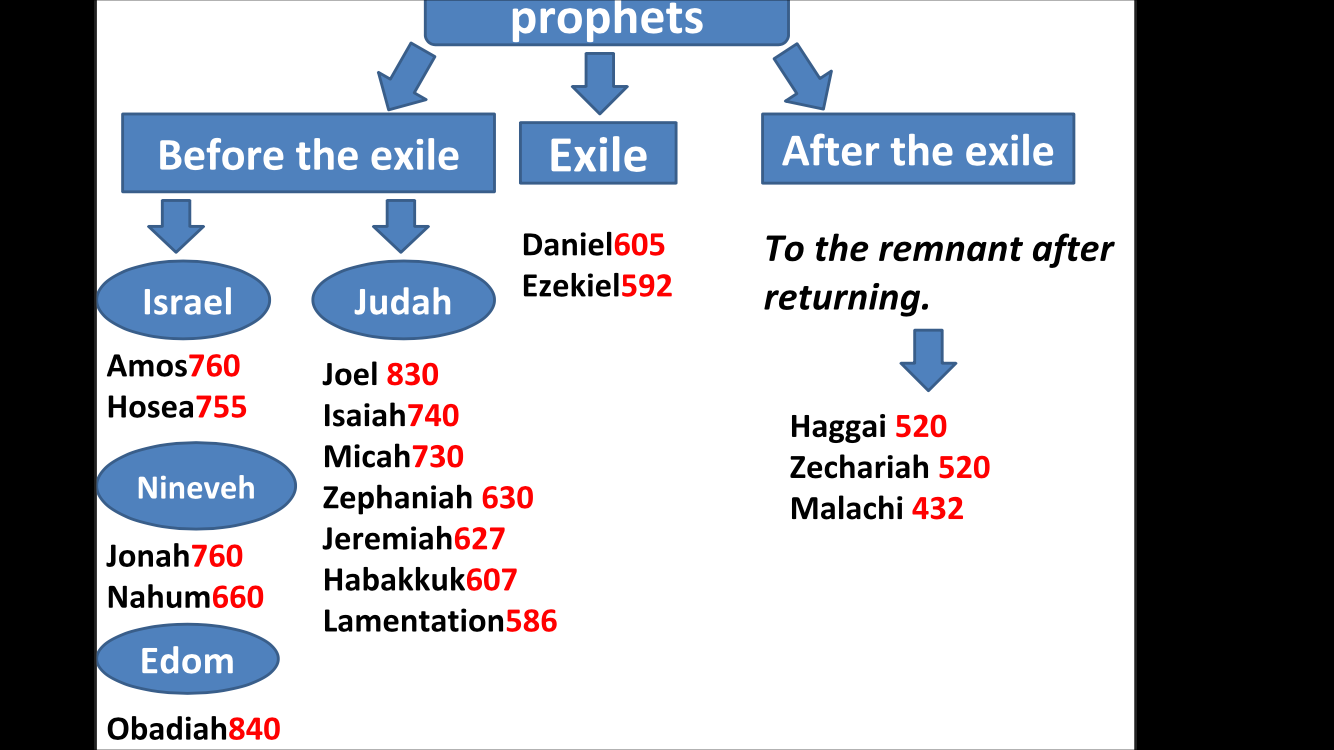
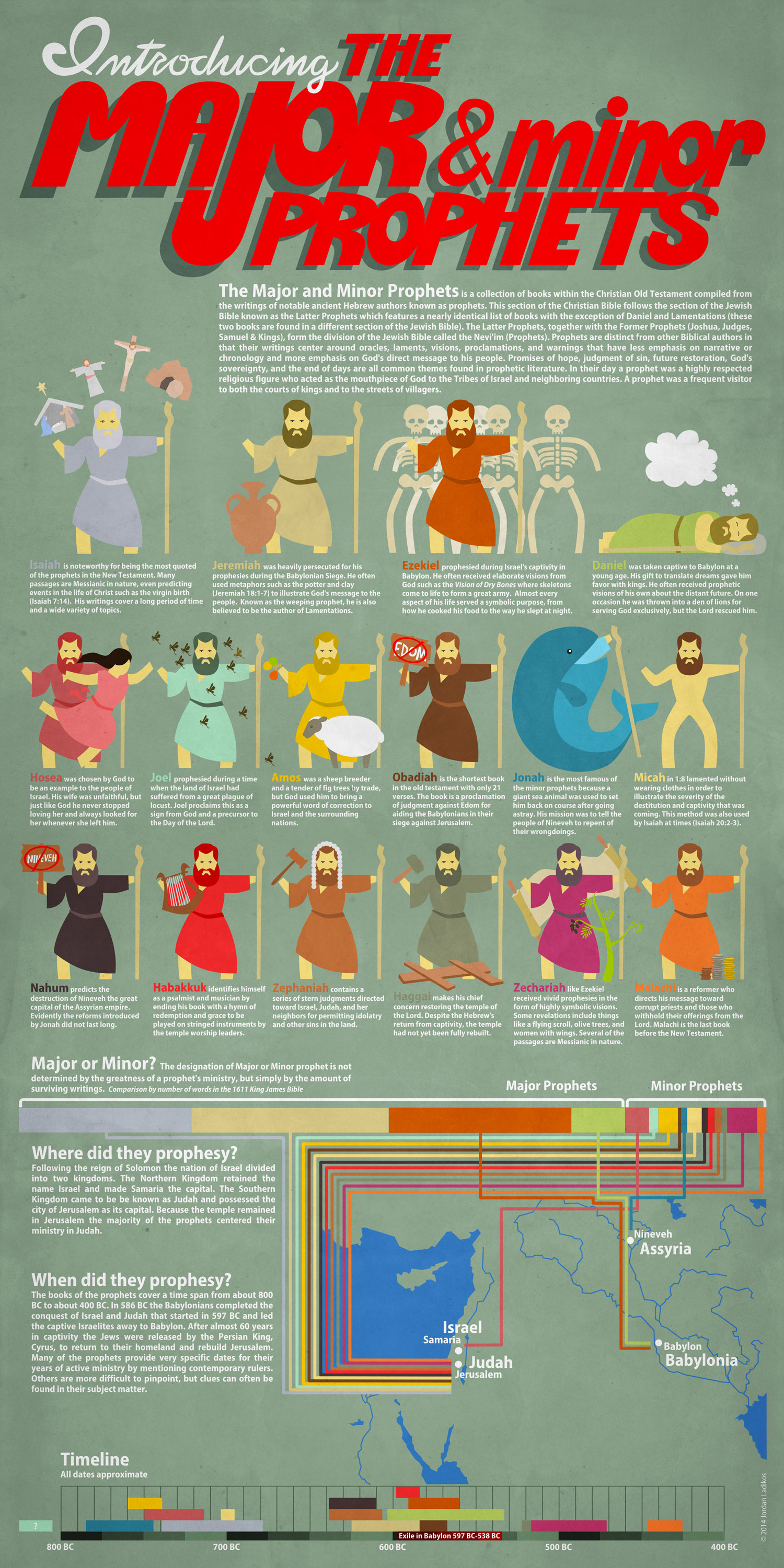
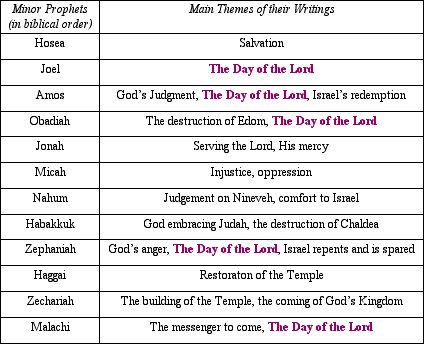
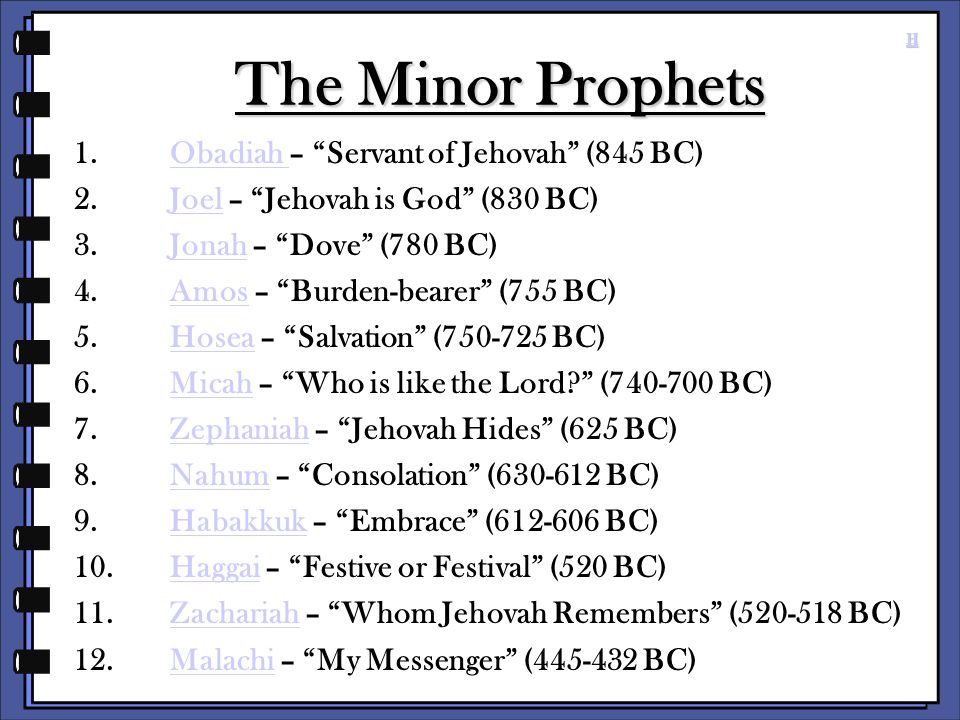
No comments to display
No comments to display